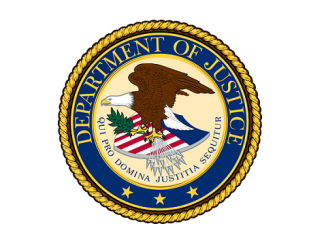
The Internet Archive has been hit with 550 “false” demands to remove “terrorist propaganda” from its servers in less than a week.
The demands came via the Europol net monitoring unit and gave the site only one hour to comply.
The Internet Archive said the demands wrongly accused it of hosting terror-related material.
The website said the requests set a poor precedent ahead of new European rules governing removal of content.
If the Archive does not comply with the notices, it risks its site getting added to lists which ISPs are required to block.
Automatic removal
The Internet Archive, which uses the archive.org web address, is a non-profit organisation that lets people save and visit pages that might otherwise have been lost from the net.
In a blog, the website’s Chris Butler said that it had received notices identifying hundreds of web addresses stored on archive.org as leading people to banned material.
However, Mr Butler said, the reports were wrong about the content they pointed to, or were too broad for the organisation to comply with.
Some of the requests referred to material that had “high scholarly and research value” and were not produced by terror groups, he said.
Others called for the delisting of massively popular links that led people to “millions” of items.
As well as listing vast amounts of non-contentious data, Mr Butler said, the demands to remove material were issued during the night when the Archive was unstaffed. This made it impossible to react within the one-hour window demanded by the notices, he said.
“It is not possible for us to process these reports using human review within a very limited timeframe like one hour,” he said.
He asked: “Are we to simply take what’s reported as ‘terrorism’ at face value and risk the automatic removal of things like the primary collection page for all books on archive.org?”
Initially the website believed that the notices came from a unit within the Europol European policing group, known as the Internet Referral Unit (IRU). It is tasked with seeking out terror-related materials and making net firms remove them.
However, Europol said the requests actually came from the French IRU which routed its requests through Europol.
The French IRU has not yet responded to a BBC request for comment on why it issued so many reports to the site.
Mr Butler said the Archive had not complied with the requests and was still receiving lots of takedown notices from the French IRU.
He said the Archive’s experience did not bode well for impending European rules governing the use of copyrighted material.
The Article 13 provision of European laws asks sites to get content checked before it is uploaded.
Source: bbc.co.uk






Be the first to comment